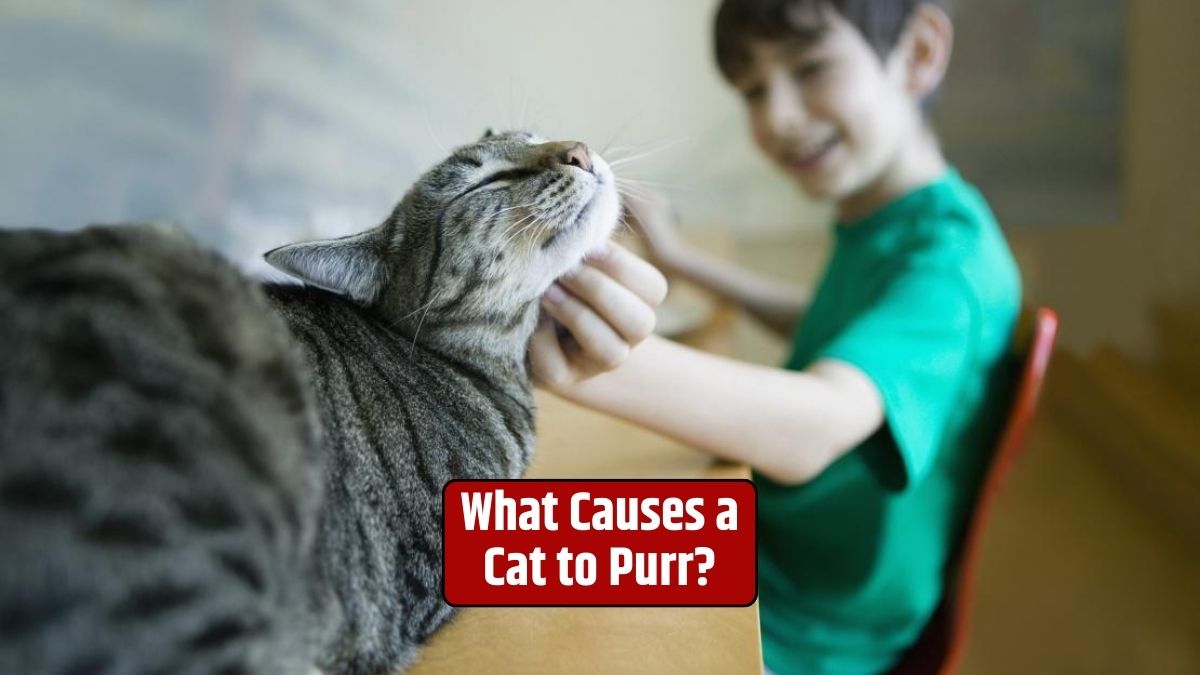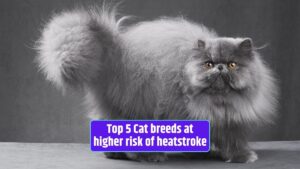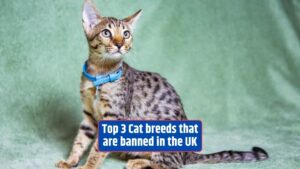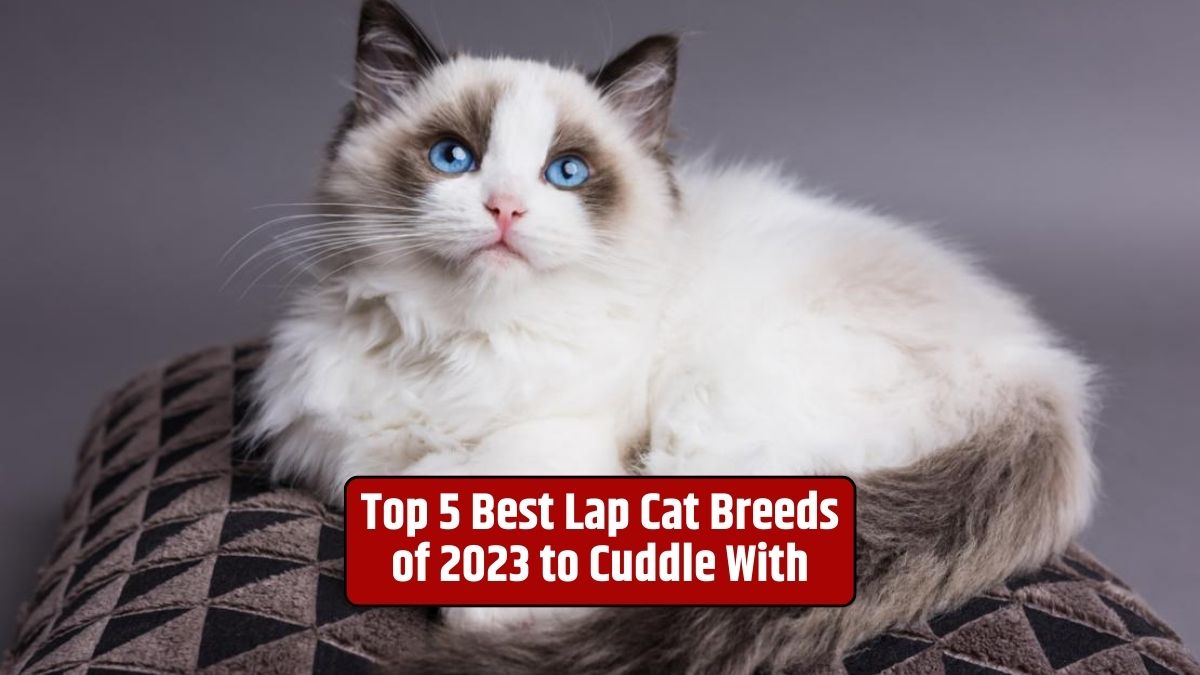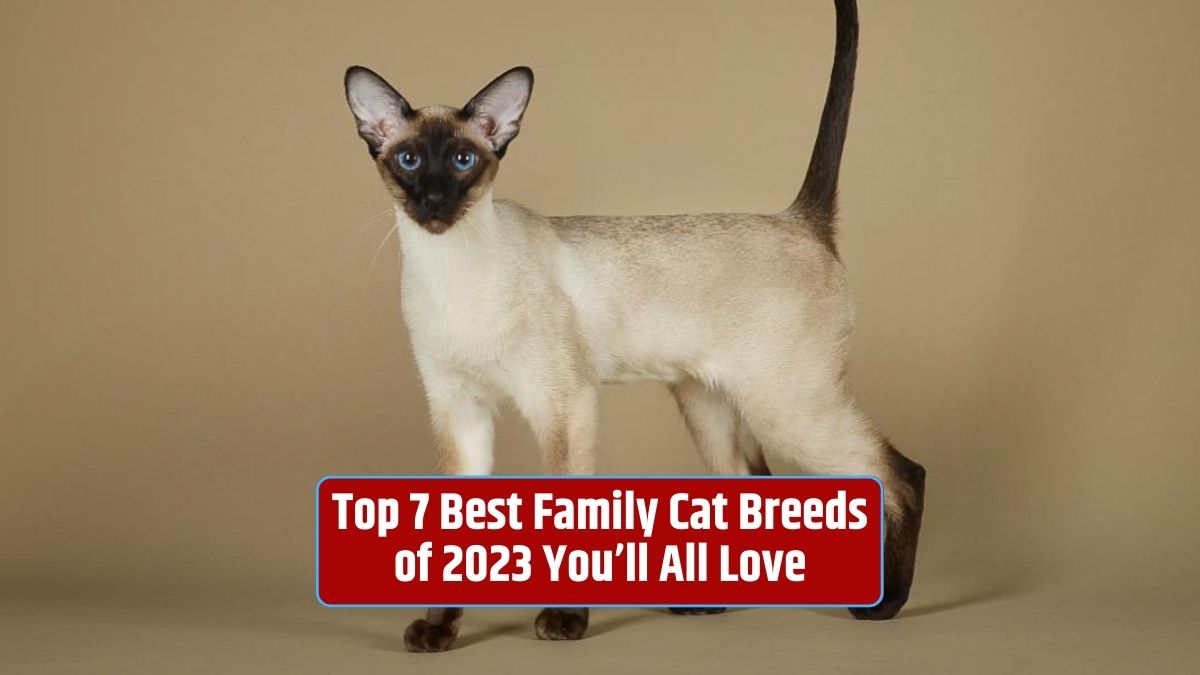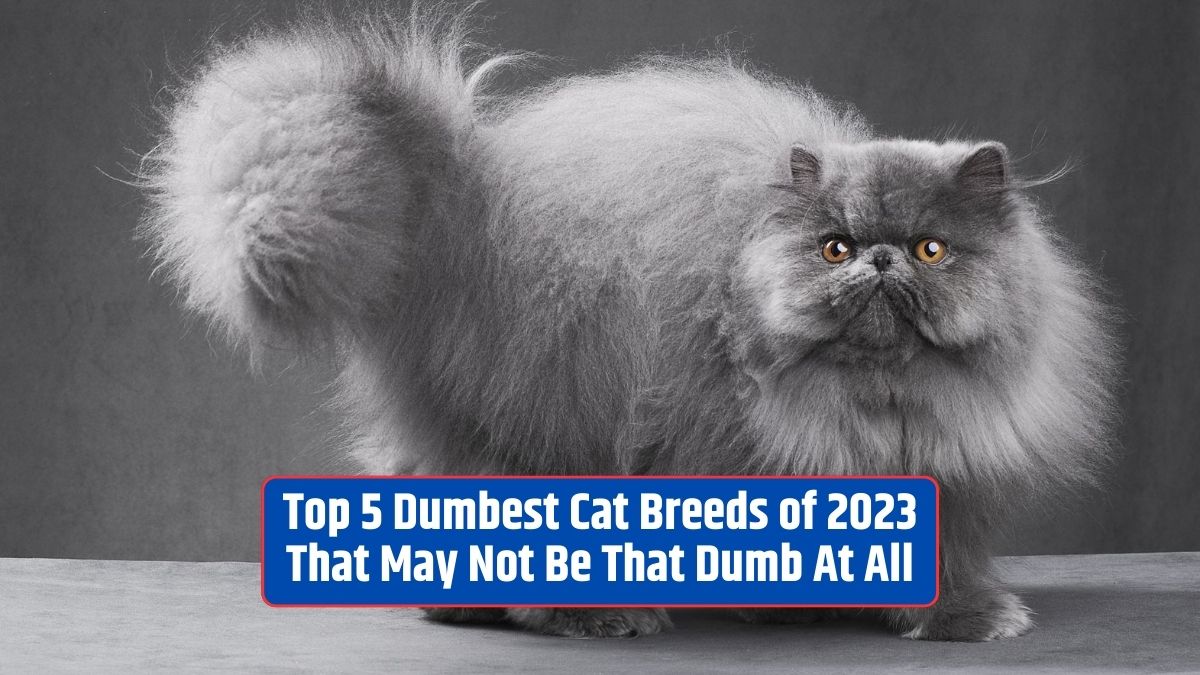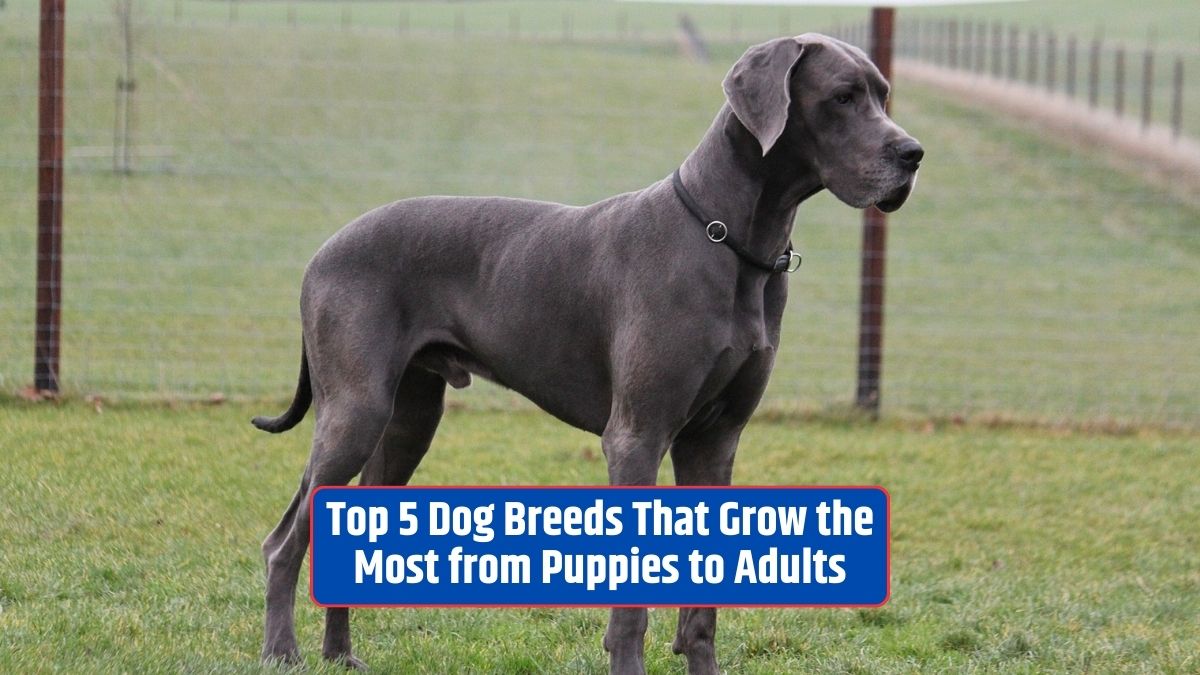Cats have an uncanny ability to captivate us with their enigmatic behaviors. Among these behaviors, one of the most intriguing and endearing is purring. It’s a sound that warms our hearts and is often associated with a content and relaxed feline.
But have you ever wondered, “What causes a cat to purr?” In this article, we will delve into the fascinating world of cat purring, exploring its underlying reasons and shedding light on this unique communication method.
Basics
Purring is a low, continuous sound that cats produce. It’s typically associated with positive emotions, such as relaxation and contentment. While most commonly heard when a cat is being petted or held, it can occur in various situations, including when they are alone.
Happiness and Contentment
One of the primary reasons cats purr is to express happiness and contentment. When your cat purrs during cuddle time or while basking in the sun, it’s a sign that they are in a state of bliss. Purring serves as a self-soothing mechanism for cats, much like a baby’s pacifier.
Stress and Anxiety
Contrary to the common belief that purring only signifies happiness, cats may also purr when they are stressed or anxious. This is particularly common in situations like visits to the veterinarian or other stressful experiences. Purring serves as a coping mechanism, helping cats calm themselves in stressful situations.
Communication
Cats are known for their ability to communicate with humans in subtle ways. When a cat purrs while being with you, it’s a form of bonding and communication. It’s their way of saying, “I trust you, and I’m comfortable around you.” In return, many cat owners find the sound of purring soothing and reassuring.
Self-Repair
Interestingly, some studies suggest that the vibrations created by purring can have healing properties. The frequency of a cat’s purring falls within a range that has been associated with improved bone density and healing of tissues. This might explain why cats often purr when they are injured or unwell, as if they are trying to aid in their own recovery.
Mother-Offspring Bond
Kittens are born blind and deaf, making it challenging for them to communicate with their mother. Mother cats purr to guide their kittens to the source of nourishment and warmth. This early bonding behavior is crucial for a kitten’s development.
Solicitation Purring
Cats are clever creatures, and they have learned to use their purring to manipulate their humans. Some cats employ what’s known as “solicitation purring” to signal that they are hungry. This purr is often more urgent and persistent, making it challenging for cat owners to resist filling the food bowl.
Conclusion
Understanding what causes a cat to purr is like deciphering a secret code. It’s a multifaceted form of communication that encompasses emotions, needs, and physical well-being.
Whether it’s a contented purr during a cozy evening on the couch or a solicitation purr for that extra treat, purring is a unique and beautiful aspect of feline behavior that strengthens the bond between cats and their human companions.
FAQs
Is it true that cats can purr when they’re in pain?
Yes, cats may purr when they’re in pain as a self-soothing mechanism. It can be a sign that they are trying to comfort themselves.
Can cats purr while they are asleep?
Cats can indeed purr while they’re asleep. Purring can occur during various states, including sleep.
Why do some cats purr more loudly than others?
The loudness of a cat’s purr can vary from one cat to another and may depend on their individual physiology and vocalization patterns.
Are there specific situations when a cat should not be disturbed while purring?
While it’s generally safe to pet a purring cat, it’s essential to observe their body language. If a cat appears agitated or distressed while purring, it’s best to give them some space.
Can purring be a sign of illness in cats?
In some cases, excessive or unusual purring can be a sign of an underlying health issue. If you notice significant changes in your cat’s purring patterns, it’s a good idea to consult your veterinarian.
